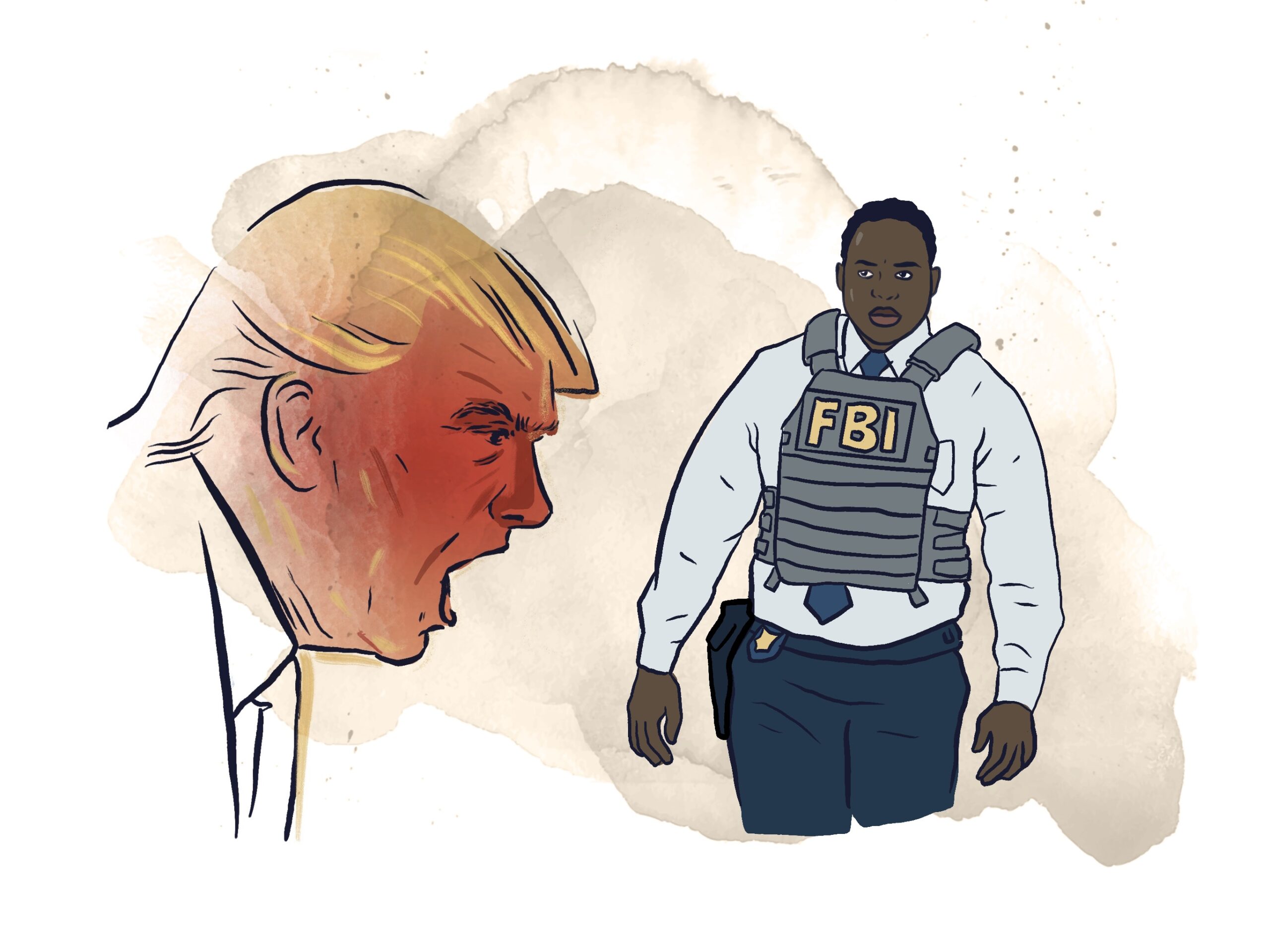Donald Trump posts on social media that he’s ordering the FBI to root out “domestic terrorists,” including your group. At first, friends and relations call this an “overreach.” Your hometown newspaper surprises you by opining that “it’s illegal to order the FBI to target protestors exercising their 1st Amendment rights, even if they were armed.” The sporadic efforts to resist this order matter — but you sense they don’t extend beyond social media bubbles and, more importantly, that the movement doesn’t develop more than symbolic actions.


The news cycle ebbs away from your case completely when the Supreme Court denies Trump’s order to completely close the border. Like when he was denied the Muslim ban years ago, Trump adapts the order and tries again. Emboldened, Trump-inspired militias begin rounding up migrants, sometimes in coordination with ICE. Violating all sorts of laws, they begin busing them across the border with impunity.
Meanwhile, Trump appointees replace government employees with loyalists. Inside, bureaucratic fights are commonplace. Trump loyalists make life excruciating for the remaining career civil servants; many institutionalists begin to trickle out. Controlling multiple levers of government, Trump installs judges across the country, freezes all legal cases against him, gerrymanders state election maps to ensure long-term Republican power, and announces that he plans to “stay in power until I can finish the job.”


One night, you hear a knock on your door. It’s the FBI. They have a warrant for your arrest on terrorism charges. You watch helplessly as they search your home.
